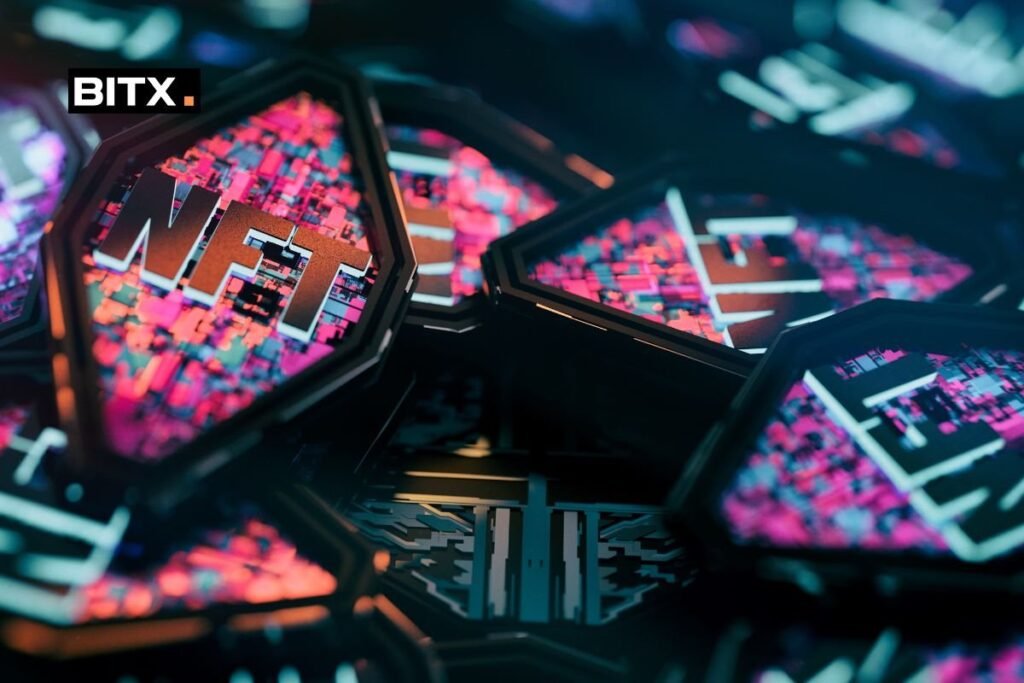Title: Delving into the Real-World Applications of NFTs: Art, Music, and Collectibles
Introduction
Non-fungible tokens (NFTs) have taken the digital world by storm, offering creators a new way to monetize and protect their unique digital assets. From digital art to music and collectibles, NFTs are revolutionizing various industries by providing a secure and transparent means of ownership and value transfer.
Art
Digital Art Revolutionized
Artistic expressions have found a new home in the digital realm, with NFTs providing a way to authenticate and monetize these creations. Digital artists can now sell one-of-a-kind pieces, ensuring their work is not just copied infinitely but truly owned by individual collectors. The most notable example is Beeple’s "Everydays: The First 5000 Days," which sold for a staggering $69 million at Christie’s, marking a significant turning point in the art market.
Music
Tokenizing the Tunes
Musicians can also benefit from NFTs by selling limited edition songs, album versions, or even exclusive experiences to their fans. These tokens can include exclusive content, unique behind-the-scenes footage, or even personalized messages from the artists themselves. For instance, Grimes’ warmsong collection sold for $5.8 million, demonstrating the potential of NFTs in music.
Collectibles
Bringing Scarcity to the Digital World
NFTs have provided a platform for many to buy, sell, and collect digital items of value. This includes virtual trading cards, legendary NPC skins, and even digital real estate in a virtual world like Decentraland or The Sandbox. These assets, once purchased, are stored securely on the blockchain, ensuring their authenticity and rarity.
Future Prospects
As NFTs continue to evolve, the possibilities are endless. They offer creators a unique opportunity to monetize their work beyond traditional avenues and foster a more direct relationship with their fans. Furthermore, the potential for new forms of digital ownership and currency extends far beyond art, music, and collectibles, promising a radically decentralized and democratized digital economy.
Conclusion
NFTs are undoubtedly reshaping various industries by introducing a new form of digital ownership. With their unique properties of scarcity, authenticity, and immutability, NFTs have the potential to disrupt traditional markets and create entirely new ones. As we move forward, it’s essential to continue exploring and understanding the real-world applications of NFTs, paving the way for a more innovative and inclusive digital economy.

